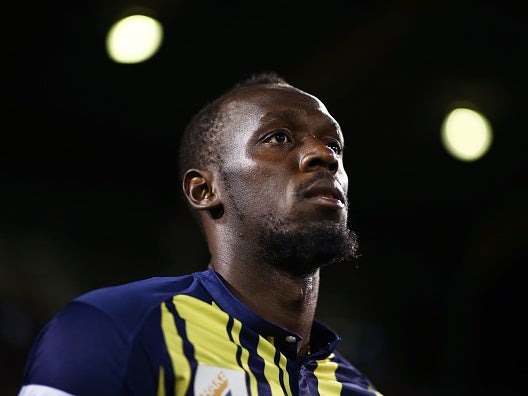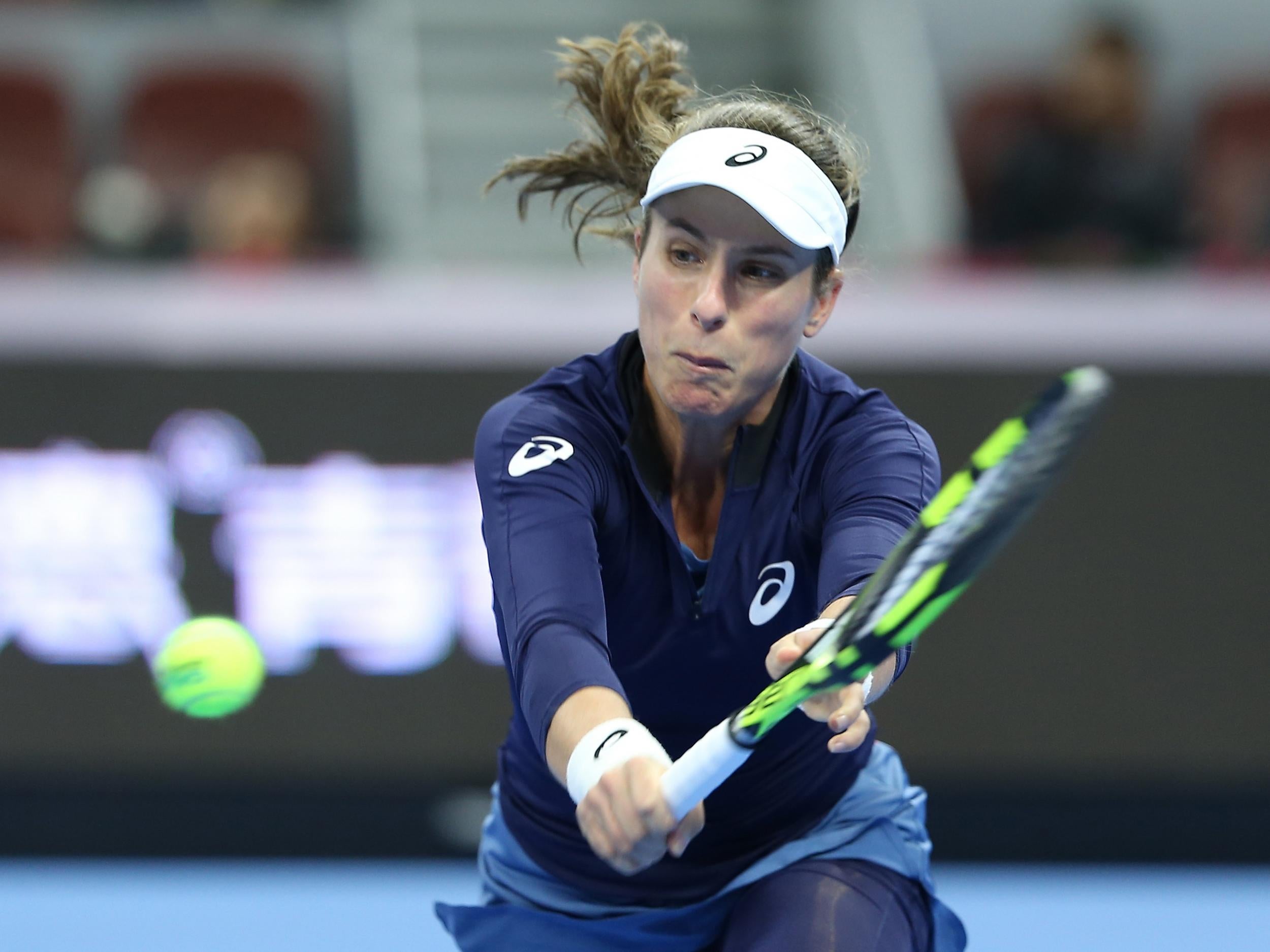Usain Bolt’s entitled reaction to his drugs test unfairly damages trust in anti-doping agencies
Just like Serena Williams’ outburst earlier this year, having the greatest athletes on the planet question why they are being drugs tested does nothing to promote the clean sport that they preach about

Your support helps us to tell the story
From reproductive rights to climate change to Big Tech, The Independent is on the ground when the story is developing. Whether it's investigating the financials of Elon Musk's pro-Trump PAC or producing our latest documentary, 'The A Word', which shines a light on the American women fighting for reproductive rights, we know how important it is to parse out the facts from the messaging.
At such a critical moment in US history, we need reporters on the ground. Your donation allows us to keep sending journalists to speak to both sides of the story.
The Independent is trusted by Americans across the entire political spectrum. And unlike many other quality news outlets, we choose not to lock Americans out of our reporting and analysis with paywalls. We believe quality journalism should be available to everyone, paid for by those who can afford it.
Your support makes all the difference.When Usain Bolt pursued his futile football fantasy in the sunny nether regions of Australia, he clearly presumed the days of being punctured with a needle were over. After all, the schism between sprinting in Beijing and knocking ball around in a small town south of Sydney seems rather canyon-esque.
Nevertheless, the eight-time Olympic champion was surprised to find the syringe had indeed stalked him all the way to New South Wales with aid from the Football Federation Australia.
Bolt has been a registered triallist with the Australian A-League side, the Central Coast Mariners, since August which makes him implicitly available for drugs testing. Cue a series of caustic questioning and complaints in typically sub-10 second intervals by the sprint champion, centering on the claim that he isn’t “even a footballer yet” – the fact he’d just scored two pre-season goals seemingly little more than a matter of fine print – to his 8.9m Instagram followers.
It’s understandable why after years of being pinched awake by medicinal mosquitos, armed with a bag of needles and a request for blood, Bolt would consider being drugs tested as a clean athlete as nothing but a nuisance. Especially considering no supersonic steroid is capable of stabilising his terminally bumbling touch with the ball.
But the sprint champion’s entitled reaction unfairly damaged trust in anti-doping agencies. His legion of fans concocting conspiracies about why the Australian Sports Anti-Doping Agency might want to take down their deity and ruin their worship. Those virulent vermin with the audacity to carry out their jobs.
Bolt is hardly the first to take umbrage at drug testing. On 14 June 14, an employee of the US Anti-Doping Agency (Usada) arrived at Serena Williams’ home for an unannounced out of competition test. Williams wasn’t home but upon hearing the news called the chief of the WTA to complain about being unfairly targeted.
Williams was tested five times in the first six months of 2018, admittedly more than any other female player, but half as often than Roger Federer. She also ignored the fact that returning from semi-retirement (pregnancy), injury and being a high-profile athlete in her respective sport is the triple crown of risk factors which testers are supposed to earmark and investigate.
Yet a litany of stories were spun by news outlets accusing Usada of having a racially-aggravated testing policy and that their employee forcibly “camped out” in Williams’ living rooms like an unwanted lodger, despite being welcomed in by the 23-time grand slam champion’s assistant.

Then ten days after being defeated in the Wimbledon final, when she was tested once more, Williams' tweet to her 11 million followers ended: “Discrimination? I think so. At least I’ll be keeping the sport clean #StayPositive.”
Serena’s sophistry degraded the honour of those people whose sole purpose is to sanitise the sport and such cases are rarely without pretext.
Take Johanna Konta who turned anti-doping attacker after missing a drugs test around the same time. The British number one absolved herself of responsibility and the row mutated into one around the very physical essence of drugs tests being carried out, despite it being “important to have integrity in this sport”.
“It’s quite a violating process,” she said. “People come to your home. You’re in your pyjamas. You get woken out of bed, pulled out of bed, told to take down your pants, give your arm, pee in a cup.”

Although it can’t be proved with certainty, it should be safe to assume that drug testers aren’t perverts preying on pyjamas and prying on genitals, but rather ensuring a player cannot quickly consume a masking agent or swap their urine sample. Yet, that’s not the image painted to the public. Again, it’s those supposedly sinister testers who are scrutinised while the mights of social media move on.
How can spectators ever have confidence in top athletes being clean – the same athletes who share fears of competitors cheating and a desire for more stringent testing – if they sit atop a pedestal positioned above the law, and demean the very virtue of those aiming to enforce it? And what are the ramifications for future generations who see their idols construe testing as a type of inequitable enemy?

Bolt of all people should understand, considering his former Jamaican relay partners Yohan Blake, Asafa Powell and Nesta Carter were all banned during their careers for using PEDs – the last causing him to be stripped of an Olympic gold medal.
At least Bolt will no longer be bothered by those Tasmanian testing devils. His trial period with the Central Coast Mariners has ended and it appears the Australian side is hesitant to offer him a new deal. His pesky Instagram post was as pointless as his footballing prospects.
Join our commenting forum
Join thought-provoking conversations, follow other Independent readers and see their replies
Comments